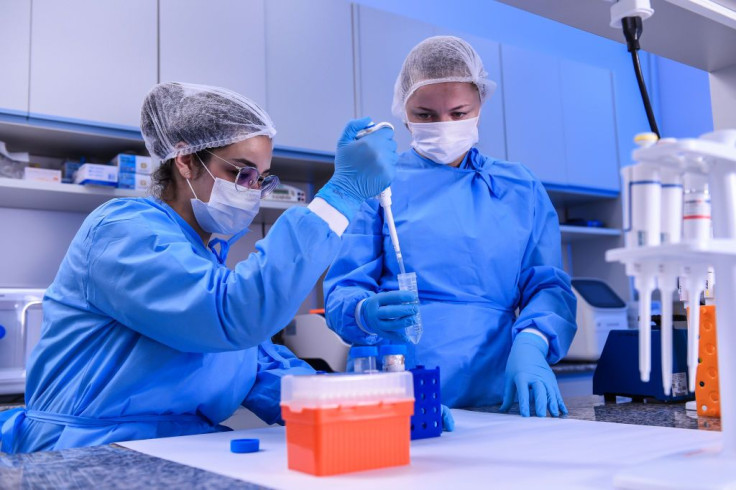A new study has found coronavirus affects a particular individual depending on how their immune system responds to the invading virus. This means that it's not enough to have an immune response -- how it fights COVID-19 will decide their chances of survival.
When a foreign body enters the human body, the immune system instantly treats it as an attack and starts producing T cells to beat it as well as to stop it from spreading further. The two types of T cells generated are “helpers,” organizing the defense response is their job, and “killers,” who are directed on how and where to fight.
While it is obvious that the killer cells are the ones killing and destroying virus cells with toxic chemicals, for them to give their 100% percent it is necessary that they coordinate perfectly with the helper cells. And this coordination is what was not present in patients who exhibited grave symptoms of coronavirus, according to researchers from the Hospital of the University of Pennsylvania in the United States led by associate professor of medicine Dr. Nuala Meyer.
In the study, published in Science magazine, the researchers have listed “three ‘immunotypes’ associated with poor clinical trajectories versus improving health.”
In one type, it was found that the number of helper cells was very high, which in turn suppressed the generation of killer cells. This means that when coronavirus entered the system, while there was a lot of preparation by the helper cells on how to attack, there were barely any fighters to carry out the plan effectively. Thus, those with these immunotypes run a high risk of exhibiting serious COVID-19 symptoms.
In the second immunotype response, it is the generation of T cells that are higher and the presence of helper cells is hence suppressed, which means that while there are a lot of fighters to tackle the virus, they have very little coordination. But even though they suffered significantly from Covid-19, they managed to overcome the disease.
The third type failed to produce any kind of T cell in the quantity needed to tackle the virus and thus were severely affected by it, running the high risk of dying from COVID-19.
While the study is yet to pinpoint any concrete reason behind why the immune system reacts differently in individuals, the researchers believe that it rests on the general health of the patient at the time they contracted the virus.
These observations have led researchers to the conclusion that it is not enough to curate a cure for coronavirus- it has to be customized to suit a patient’s immune response as well.
“The findings promote the idea of tailoring clinical treatments or future immune-based clinical trials for patients whose immunotype suggests a greater potential benefit,” they said.

© 2025 Latin Times. All rights reserved. Do not reproduce without permission.



